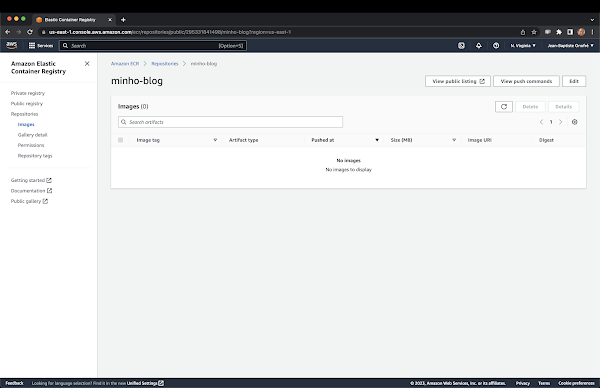Apache Karaf Cellar 2.2.2 release
What’s new
Quite one month ago, we released Karaf Cellar 2.2.1, the first “official” release of the Karaf clustering sub-project.
This new Karaf Cellar 2.2.2 release includes bug fixes, especially one bug was a blocker as it was not possible to install Cellar on a Karaf instance running on Equinox OSGi framework.
But, it’s not just a bug fix release, we merge two features from the Cellar trunk.
Bundle synchronization
In Karaf Cellar 2.2.1, we were able to synchronize features (including features repositories) and configuration between Karaf Cellar instances. It means that you can install a feature on one node (cluster:features-install group feature), the feature will be install on each Karaf note.
Karaf Cellar 2.2.2 includes the same behavior for pure OSGi bundle. You can install a bundle on one node, the bundle will be installed on each other nodes on the same cluster group.
karaf@root> osgi:install mybundle
mybundle will be installed on all nodes in the same cluster group.
It’s a first step, as we have for features and config, we will add specific command to manipulate bundle, something like:
karaf@root> cluster:install-bundle group mybundle
Cloud support
Cellar relies on Hazelcast in order to discover cluster nodes. This can happen either by using multicast or by unicast (specifying the ip address of each node).
Unfortunately multicast is not allowed in most IaaS providers and specifying the all the ip addresses is not very flexible, since in most cases they are not known in advance.
Cellar solves this problem using a cloud discovery service powered by jclouds.
Cloud discovery service
Most cloud providers among other provide cloud storage. Cellar uses the cloud storage via jclouds, in order to put there the ip addresses of each node so that Hazelcast can found them.
This approach is also called blackboard and in other words is the process where each nodes registers itself in a common storage, so that other nodes know its existence.
Installing Cellar cloud discovery service
To install the cloud discovery service simply the appropriate jclouds provider and then install cellar-cloud feature. For the rest of this manual I will use amazon s3 as an example, but it applies to any provider supported by jclouds.
karaf@root> features:install jclouds-aws-s3
karaf@root> features:install cellar-cloud
Once the feature is installed, it requires you to create a configuration that contains credentials and type of the cloud storage (aka blobstore).
To do that add a configuration file under etc with the name org.apache.karaf.cellar.cloud-
provider=aws-s3 (this varries according to the blobstore provider)
identity=”the identity of the blobstore account”
credential=”the credential/password of the blobstore account)”
container=”the name of the bucket”
validity=”the amount of time an entry is considered valid, after that time the entry is removed”
After creating the file the service will check for new nodes. If new nodes are found the Hazelcast instance configuration is updated and the instance is restarted.


Comments
Post a Comment